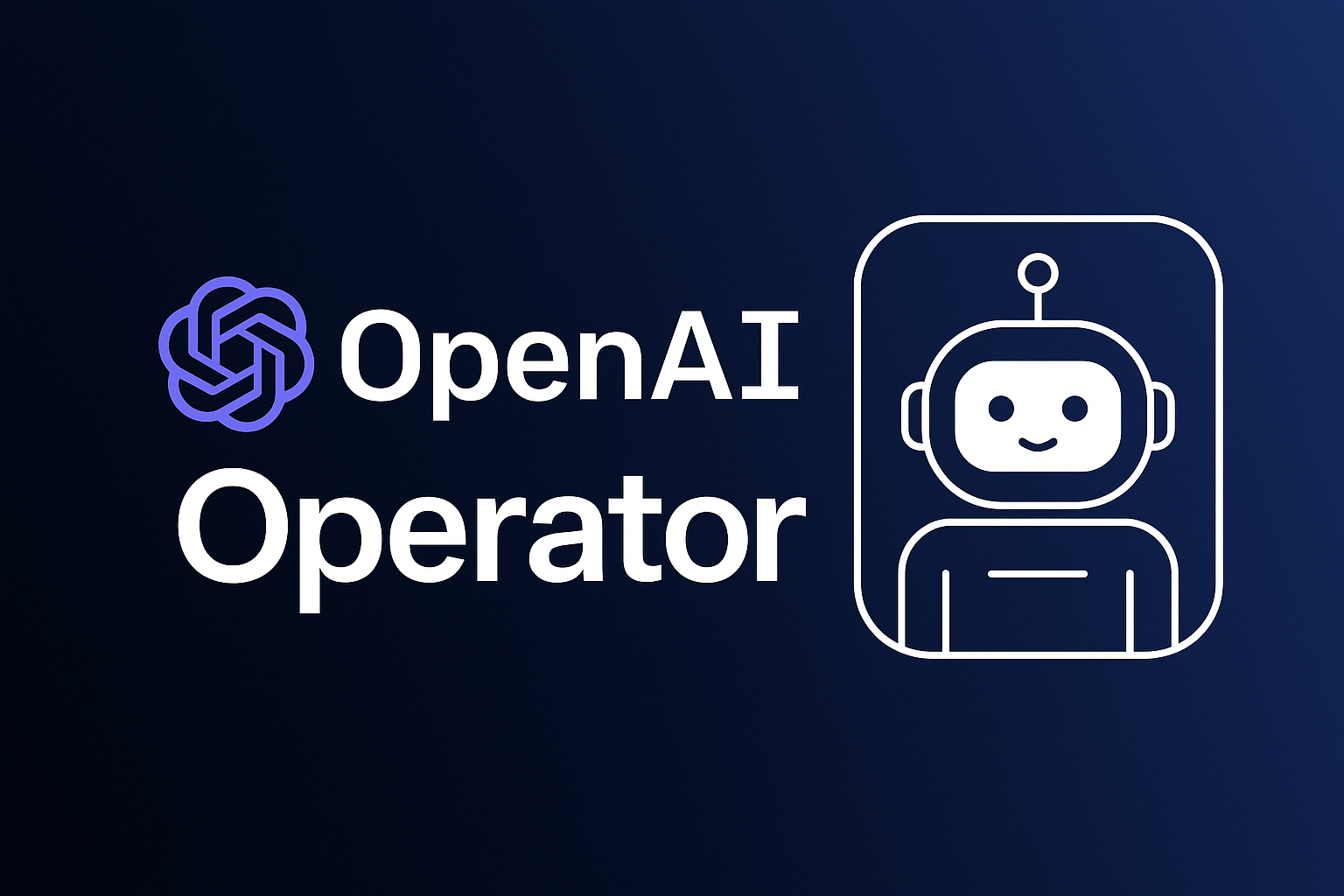In early 2025, OpenAI introduced Operator, an AI-powered agent designed to autonomously perform tasks on the web by interacting with websites much like a human user[1]. This innovation represents a significant advancement in AI-driven automation, aiming to streamline repetitive online activities.
What Is Operator?
Operator is a research preview of an AI agent capable of navigating the internet to execute tasks on behalf of users[2]. Unlike traditional automation tools that rely on APIs, Operator interacts directly with web interfaces—clicking buttons, filling out forms, and scrolling through pages—emulating human behavior. This approach allows it to operate across a wide range of websites, even those without dedicated APIs.
At the core of Operator is the Computer-Using Agent (CUA), a model that combines GPT-4o’s vision capabilities with advanced reasoning through reinforcement learning. CUA is trained to understand and interact with graphical user interfaces (GUIs), enabling Operator to perform complex tasks across various web platforms[3].
Practical Applications
Operator’s ability to mimic human interactions with web interfaces opens up numerous possibilities:
📝 Form Completion: Automatically filling out online forms for applications, registrations, or surveys.
🛒 Online Shopping: Placing orders by navigating e-commerce sites, selecting products, and completing checkouts.
📅 Appointment Scheduling: Booking appointments by interacting with scheduling platforms.
📧 Email Management: Reading and responding to emails, or extracting information to perform related tasks.
These capabilities can be particularly beneficial for individuals and businesses looking to automate routine tasks, thereby saving time and reducing manual effort.
Considerations and Limitations
While Operator showcases impressive capabilities, it’s important to acknowledge its current limitations:
1. Accuracy: In benchmark assessments, Operator achieved 58.1% on WebArena benchmarks, indicating room for improvement in complex web interactions[4].
2. Complex Interfaces: Operator may struggle with intricate user interfaces or tasks requiring nuanced decision-making.[4]
3. User Oversight: For tasks involving sensitive information or financial transactions, human supervision is recommended to ensure accuracy and security.
As with any emerging technology, continuous development and user feedback are essential to enhance Operator’s performance and reliability.
The Future of AI Agents
Operator represents a step forward in the evolution of AI agents—systems designed to perform tasks autonomously on behalf of users[1]. By bridging the gap between human-like interaction and machine efficiency, Operator has the potential to transform how we approach digital tasks.
As AI agents become more sophisticated, they could play a significant role in various sectors, from customer service to personal productivity[5]. However, it’s crucial to balance automation with human oversight to ensure ethical and effective use.businessinsider.com
Summary
1. Operator: An AI agent by OpenAI that performs web tasks by interacting with websites like a human user.[6]
2. Powered by: The Computer-Using Agent (CUA), combining vision and reasoning capabilities.[7]
3. Applications: Form filling, online shopping, appointment scheduling, and more. [8]
4. Limitations: Challenges with complex interfaces and tasks requiring nuanced understanding.
5. Availability: Currently in research preview, accessible to ChatGPT Pro subscribers in the U.S., with plans for broader access.[9]
For more detailed information, you can visit the OpenAI Operator documentation.
If you have specific questions about Operator or its applications, feel free to ask!



